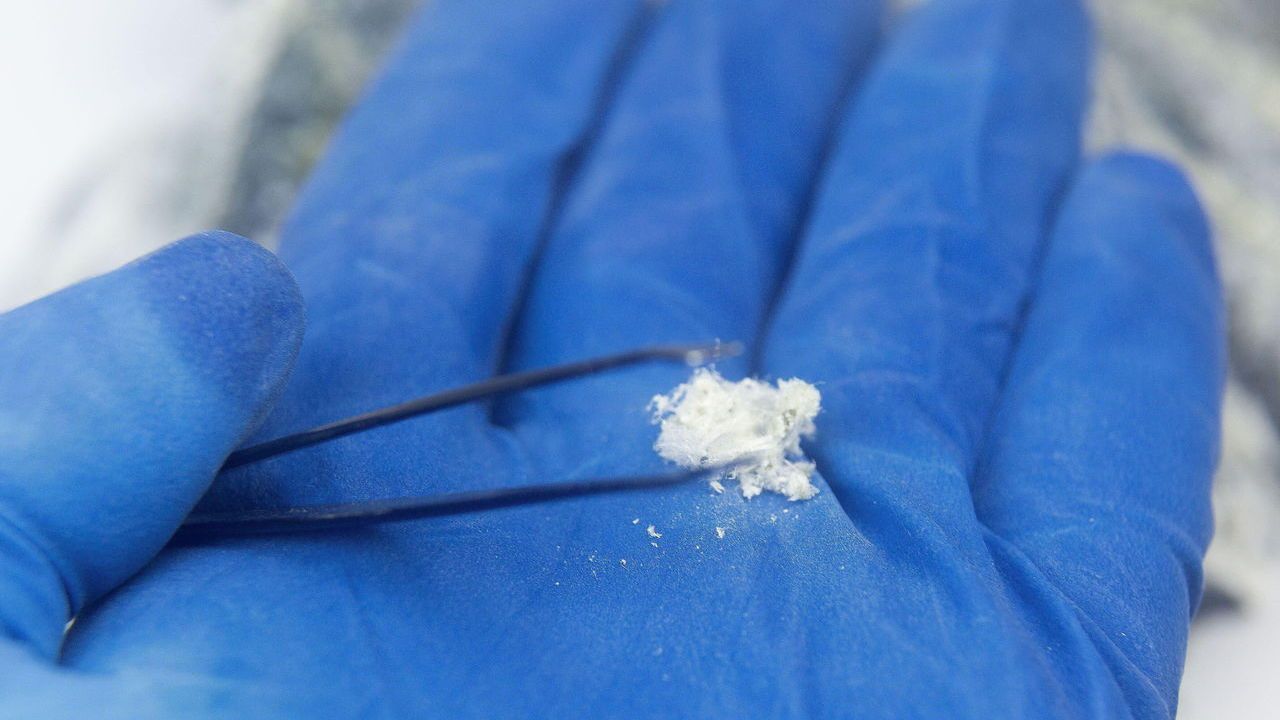- by
- 01 9, 2025
-

-
-
Loading

Loading

There are manyGEUEUEUEUEPA EPAPFASEPAEU reasons to question the wisdom of , Donald Trump’s nominee for secretary of health. This is a man, after all, who drove around all day with the carcass of a bear cub before dumping it in Central Park in New York. He claims incorrectly that vaccines cause autism, and champions dubious claims about the health risks of 5 phones and the links between prozac and school shootings. So when Mr Kennedy claims that America has “one thousand ingredients in our food that are illegal in Europe”, sceptics can be excused for assuming that he is wrong. But is he?Mr Kennedy’s , known as “make America healthy again”, aims to remove toxins from the country’s food, water and air. To get one step closer toward this clean future, the former environmental lawyer wants to bring America up to European standards. The European Union, for example, bans or restrictsmore than 1,300 ingredients in cosmetic products, compared with only 11 in America. And while the has a list of over 300 authorised food additives, the Food and Drug Administration does not even know what ingredients are used in food sold in America.America’s regulatory agencies approach safety differently from the . In America substances are assumed safe until proven otherwise. The is more cautious. It generally forbids unknown substances until they are proven not to cause harm. That means from food to make-up to household furniture, European products are generally safer. For example, potassium bromate, a chemical used to improve the volume and texture of bread and which has been linked to cancer, is banned in most countries but not in America (or Japan). Brominated vegetable oil, used in citrus drinks to prevent the flavouring from floating to the top, has been found to interfere with the function of the thyroid gland. It was banned in the in 2008, but only outlawed in America this year.For a long time it was difficult to ban substances in America. For example, the Toxic Substances Control Act of 1976 required the Environmental Protection Agency () to consider both the benefit and cost of a substance before deciding whether to restrict it. This made it difficult to regulate materials such as asbestos. The banned asbestos, proven to cause cancer, in 1989, but that decision was partially overturned in a federal court two years later, allowing until recently for some legal uses.Some states have stepped into the regulatory vacuum left by the federal government. California requires warning labels on products with over 900 chemicals that “can cause cancer and/or birth defects or other reproductive harm”. Many other states ban per- and polyfluoroalkyl substances (), also known as “forever chemicals”, which can be found in clothing, cookware and menstrual products. In September Gavin Newsom, California’s governor, signed a law banning six artificial food dyes from state-school lunches.However, regulations have started to change at the federal level recently. The Lautenberg Chemical Safety Act, a law signed by Barack Obama in 2016, amends the Toxic Substances Control Act and requires the to review all existing chemicals for safety. (Notably the amendment does not include food.) Using the amended law, Joe Biden’s administration finalised a rule in March prohibiting chrysotile asbestos, the only known type of the mineral still used in America. America is slowly catching up, but the government still allows many of the substances that the classifies as potentially harmful.If confirmed as health secretary, Mr Kennedy hopes to change this. But though some of his goals for the health of food, soil and water may be salutary, Mr Trump—no fan of environmental regulation—may be much less willing to restrict the use of pesticides or limit pollution by industry, agriculture or cars. Mr Kennedy’s room for manoeuvre will be limited.